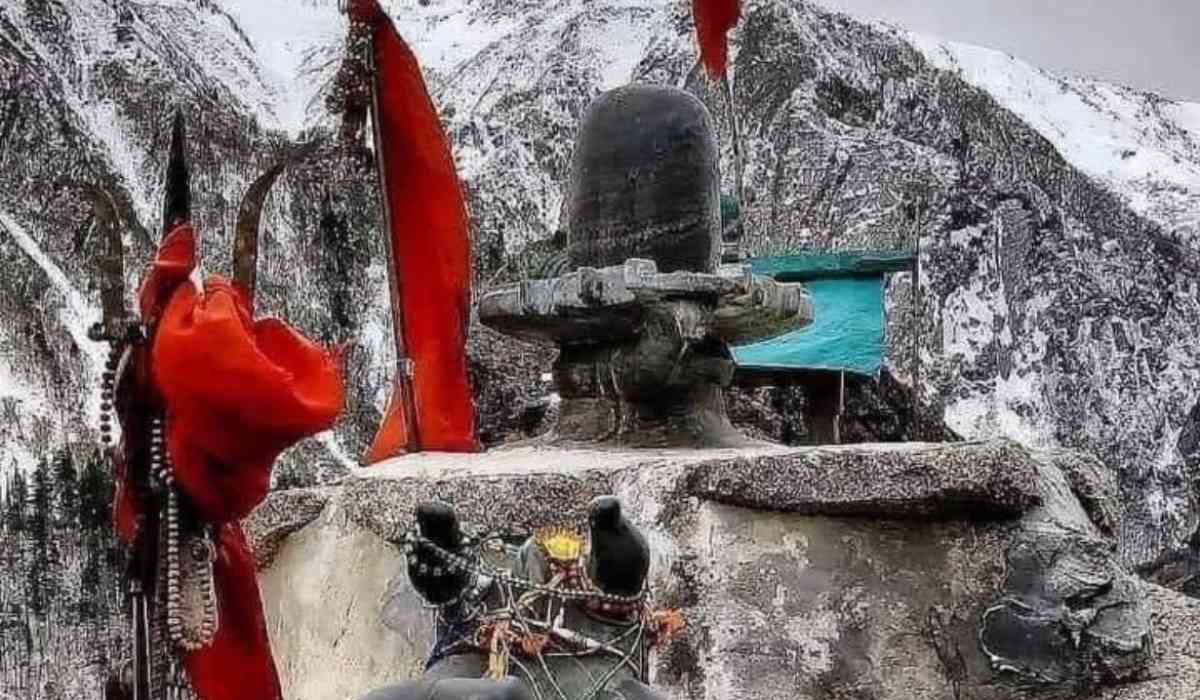Mahashivratri is a Hindu festival that is celebrated annually to honor Lord Shiva, one of the most important deities in the Hindu pantheon. The word "Mahashivratri" translates to "the great night of Shiva," and the festival is observed on the 14th day of the dark fortnight in the Hindu month of Phalguna or Magha, which typically falls in late February or early March.
The significance of Mahashivratri is multi-fold. For devotees of Lord Shiva, the festival is a time to offer prayers, perform rituals, and seek blessings from the deity. It is believed that on this day, Lord Shiva performed the cosmic dance of creation, preservation, and destruction, and devotees stay up all night to meditate and offer prayers to him.
Mahashivratri is also a time for spiritual renewal and self-reflection. It is considered an auspicious day to practice yoga, meditation, and other spiritual practices, and many people observe fasts and abstain from worldly pleasures as a form of self-discipline and purification.
In addition to its spiritual significance, Mahashivratri is also a cultural festival in India and is celebrated with great enthusiasm and fanfare. People dress up in traditional clothes, decorate their homes and temples, and participate in processions and cultural events. In some parts of India, the festival is also associated with the arrival of spring and is celebrated as a time of renewal and new beginnings.
Overall, Mahashivratri is a significant festival in Hinduism, symbolizing the power of Lord Shiva and the potential for spiritual renewal and transformation.
©️ Vygr Media Private Limited 2022. All Rights Reserved.





















